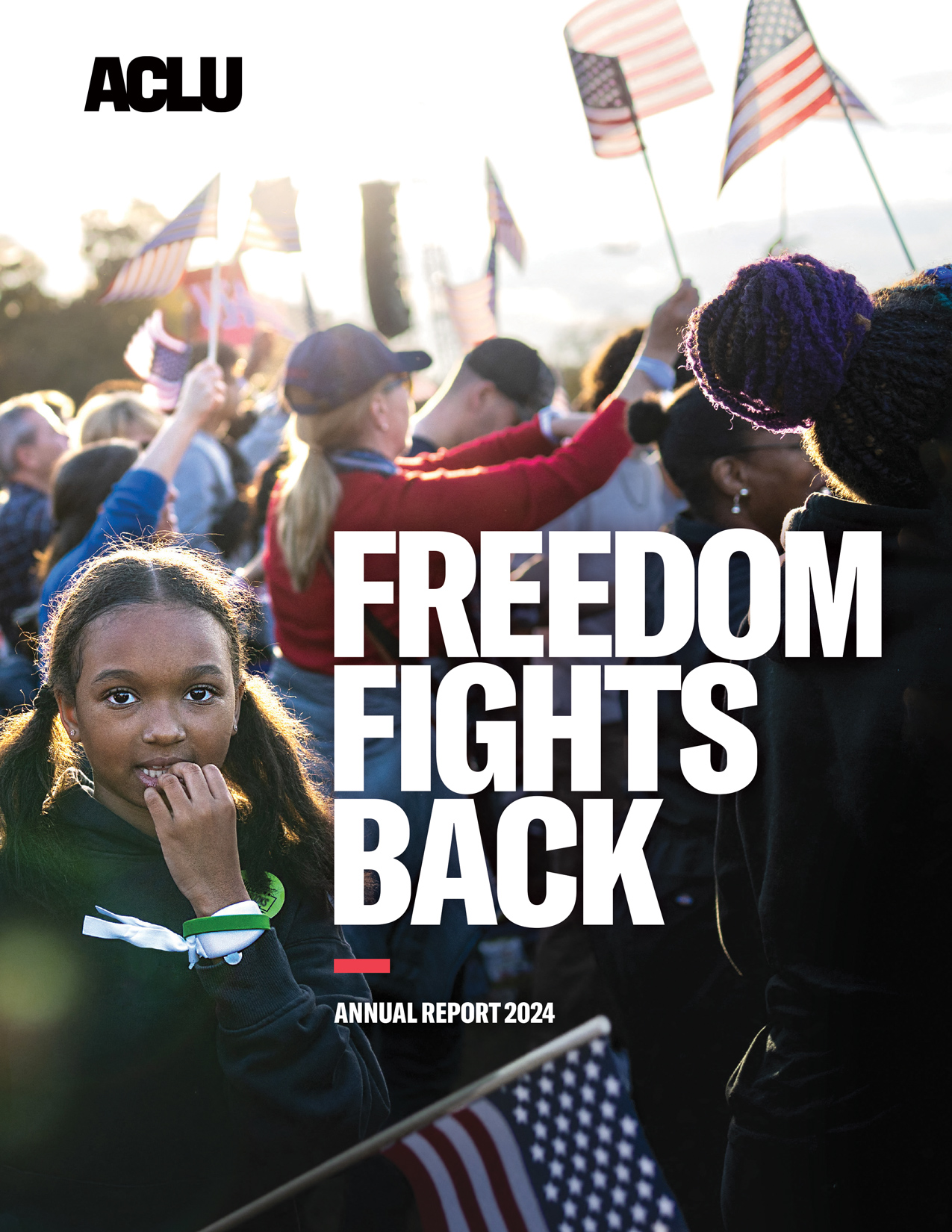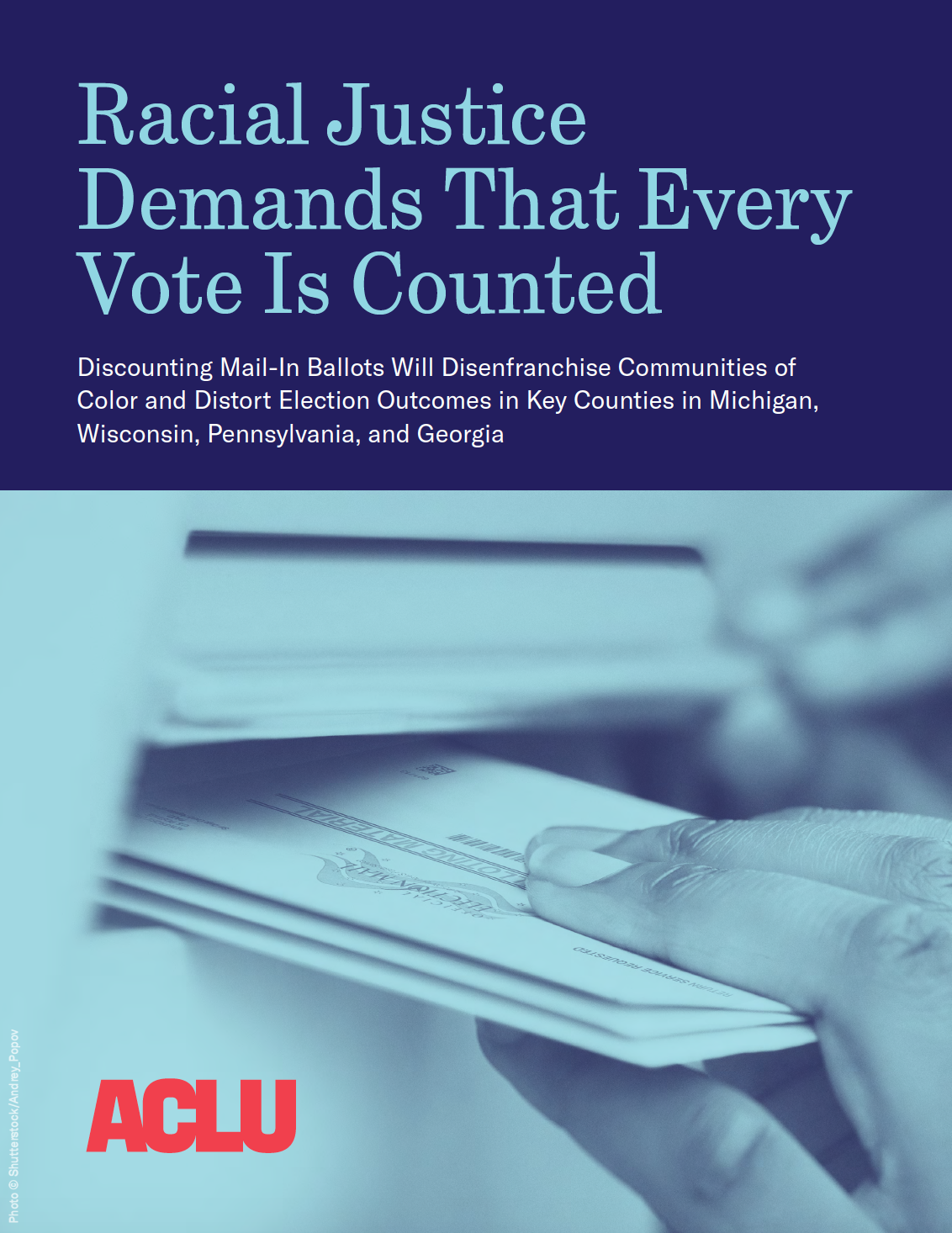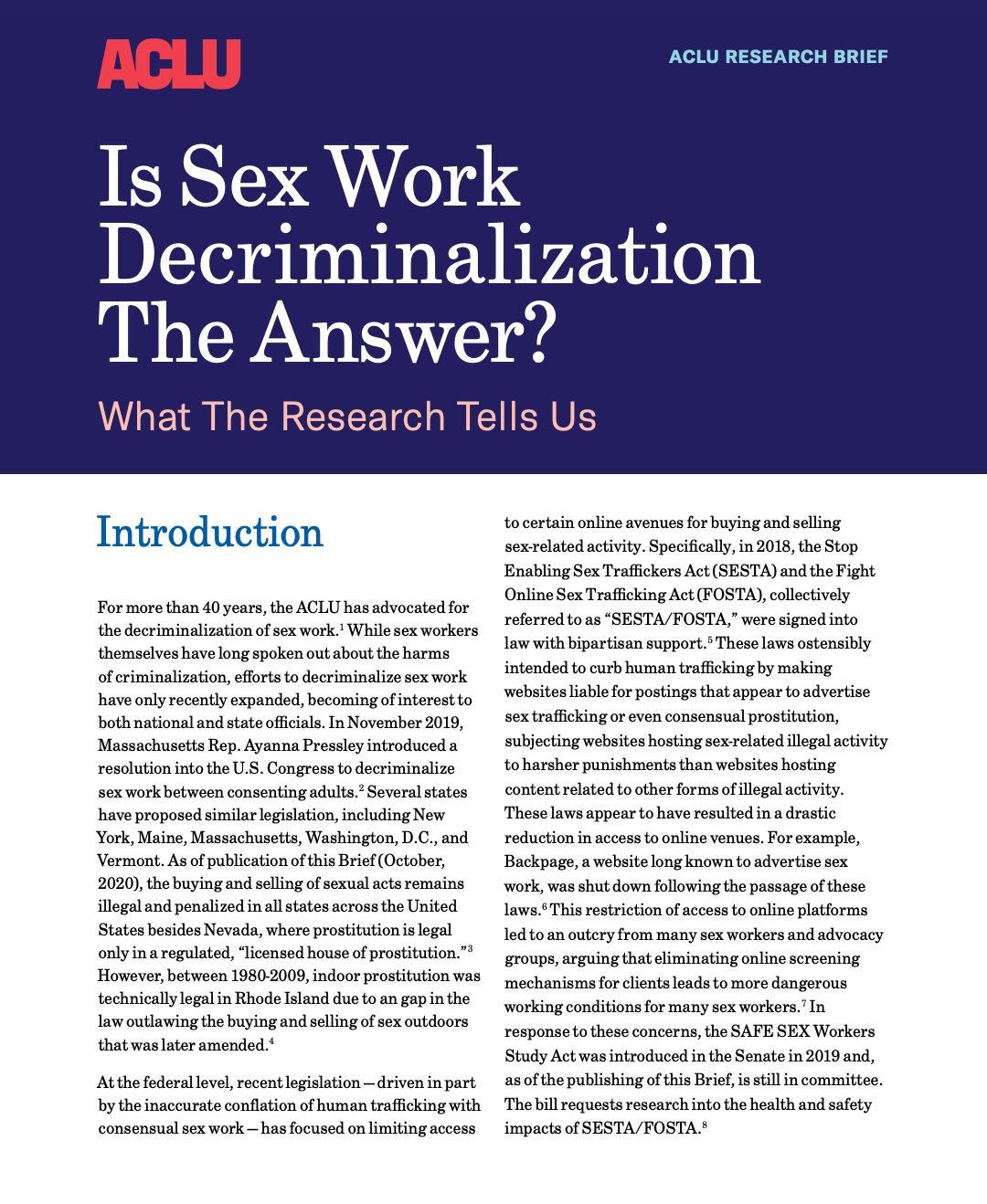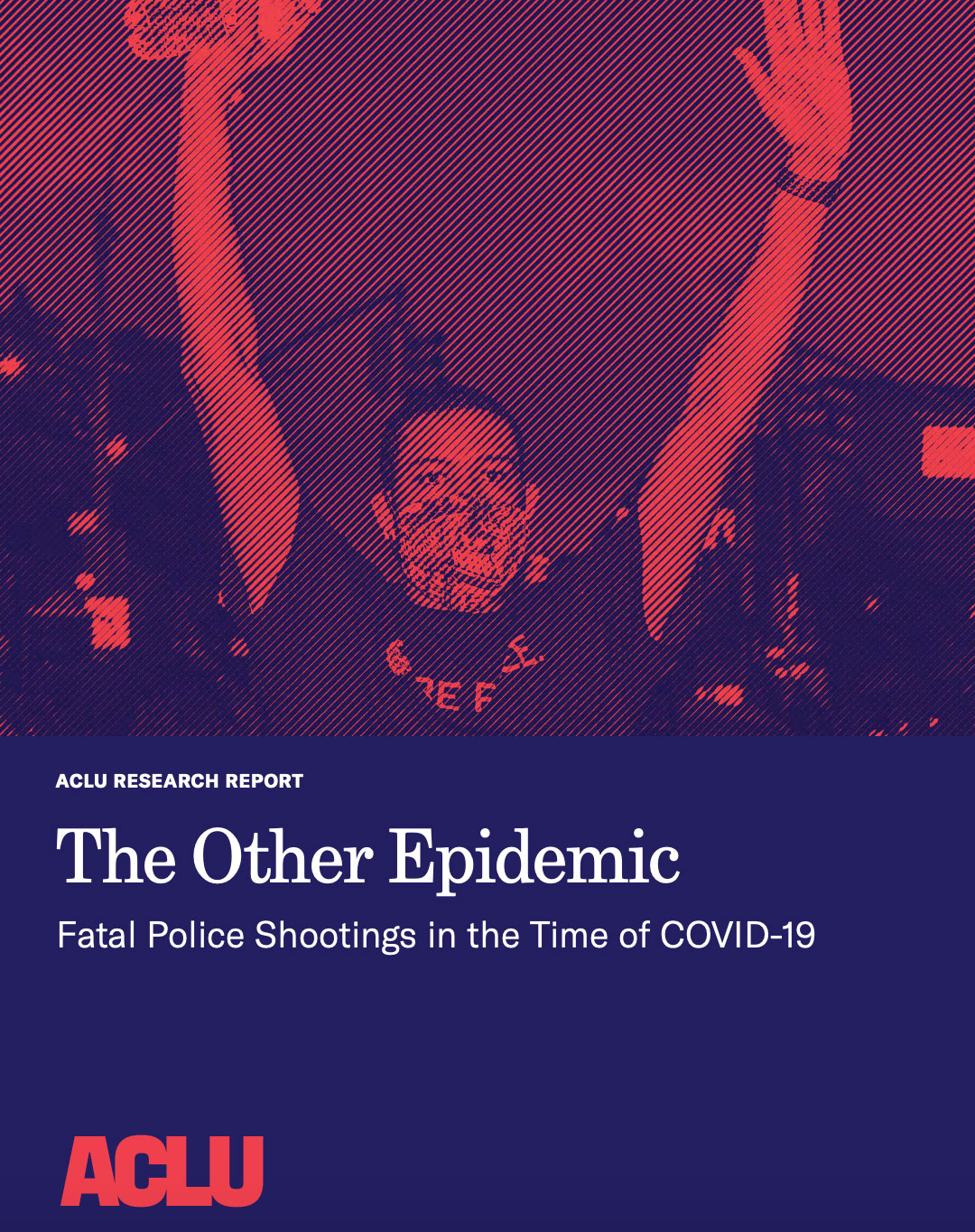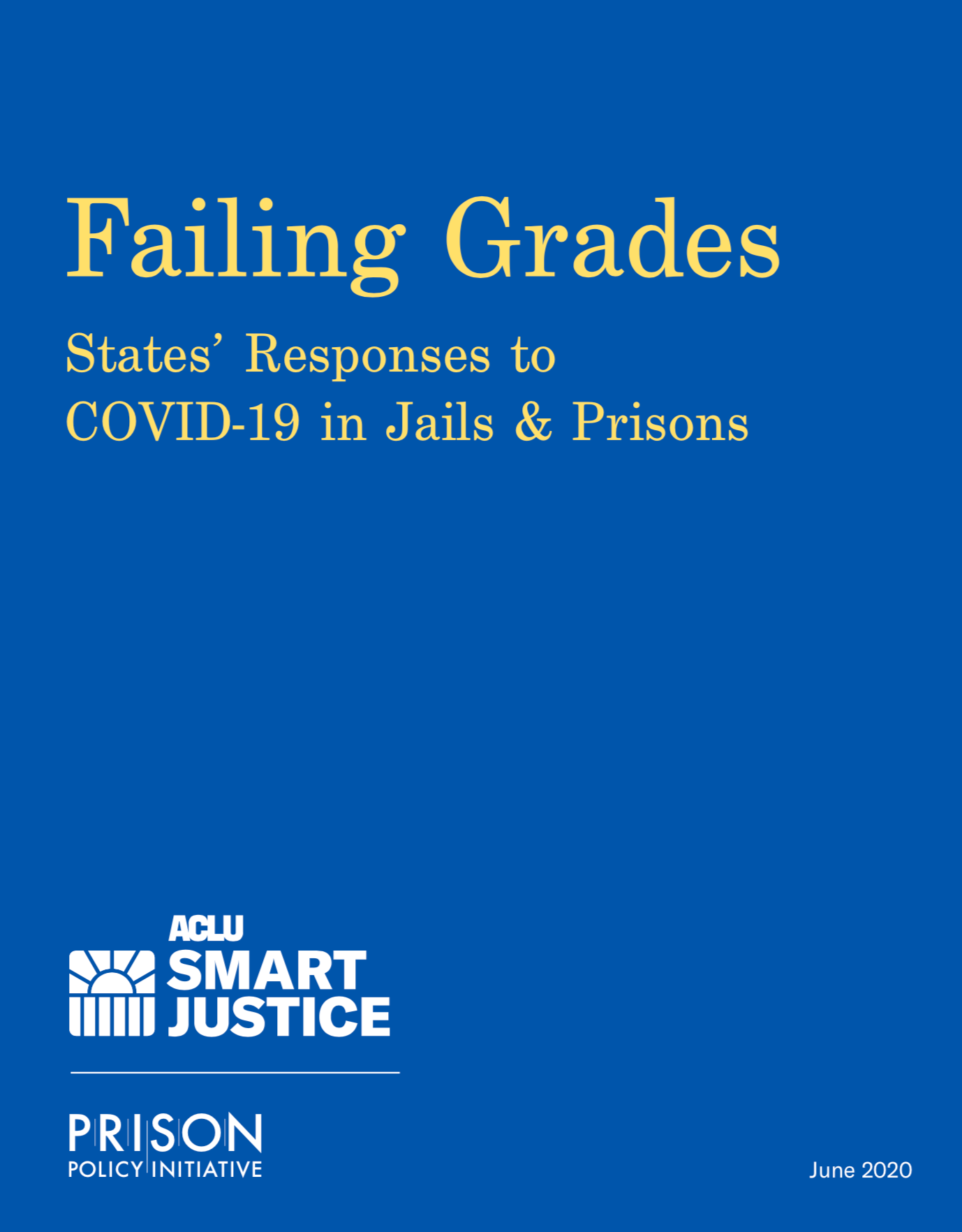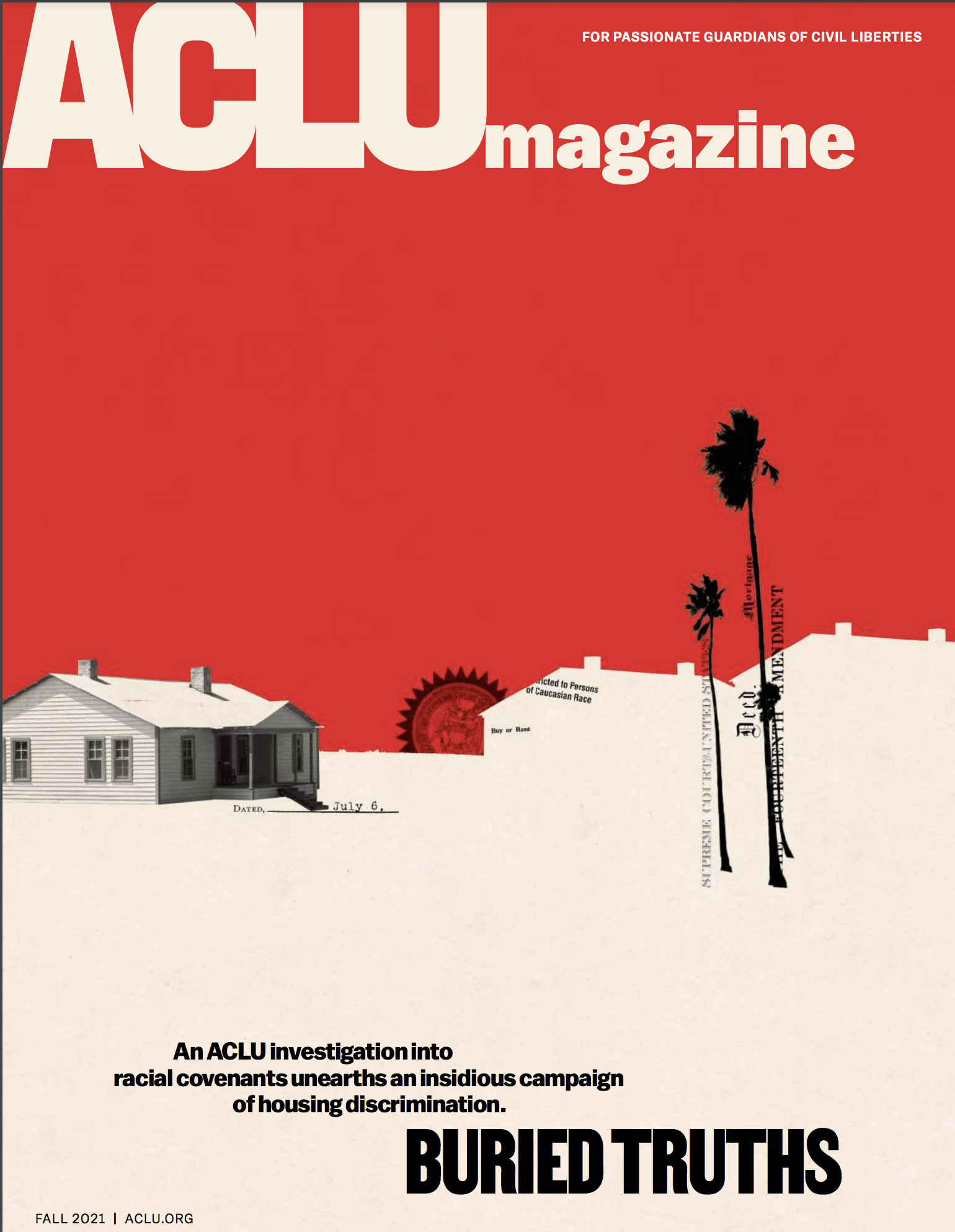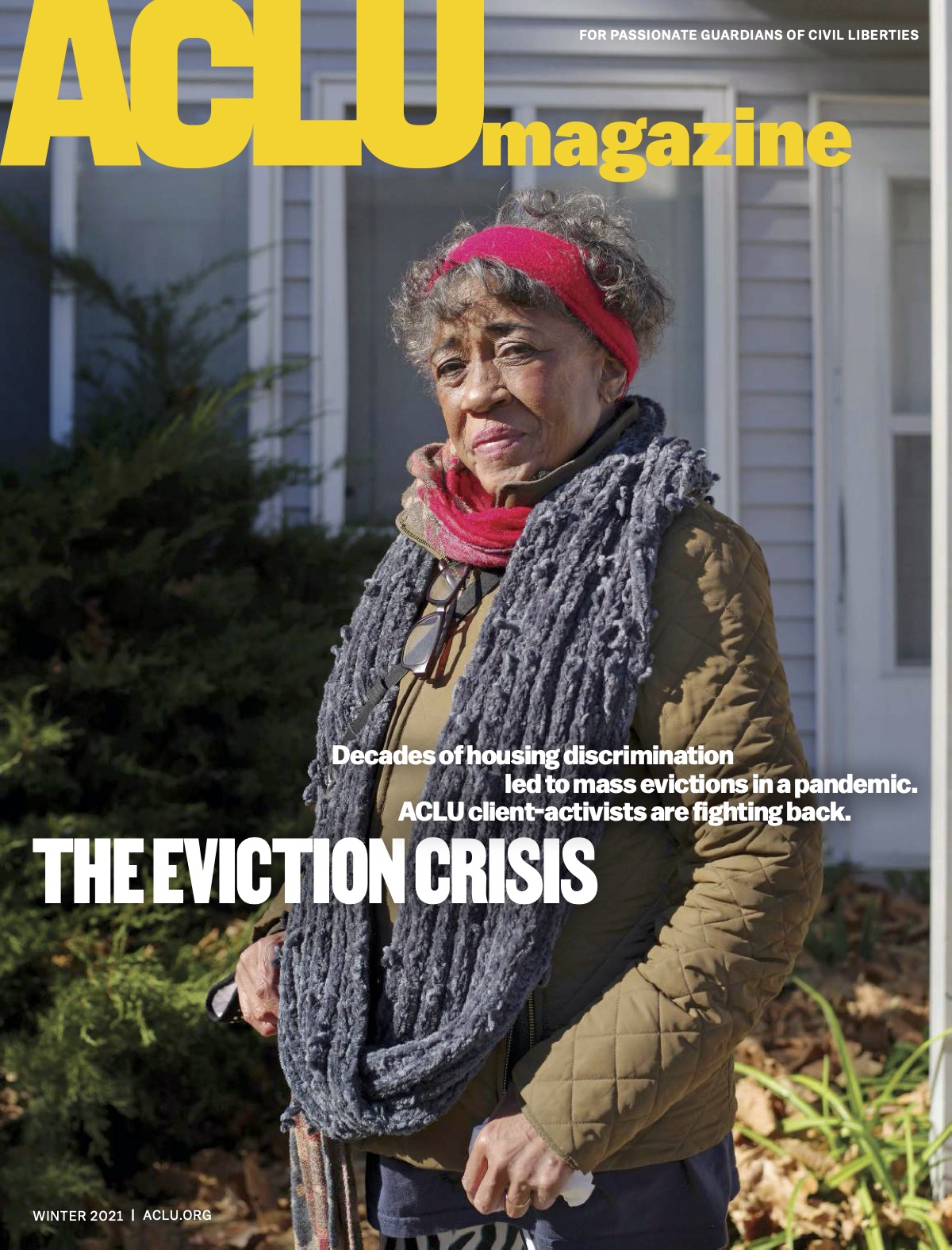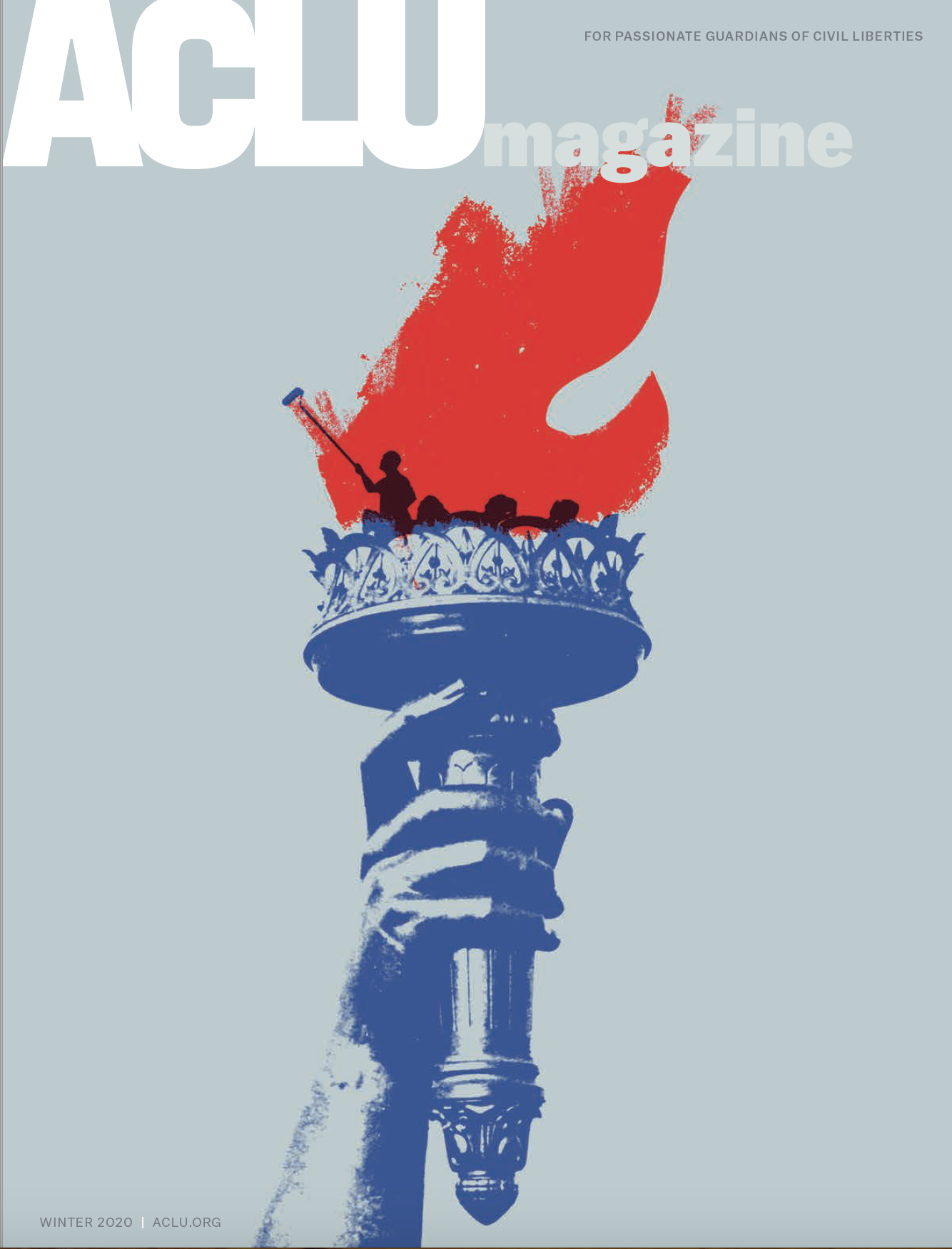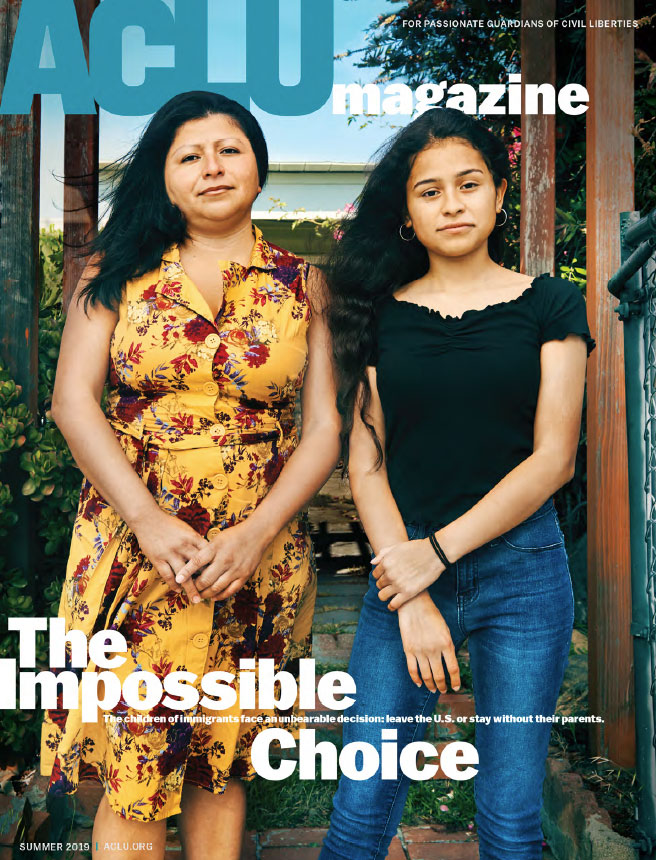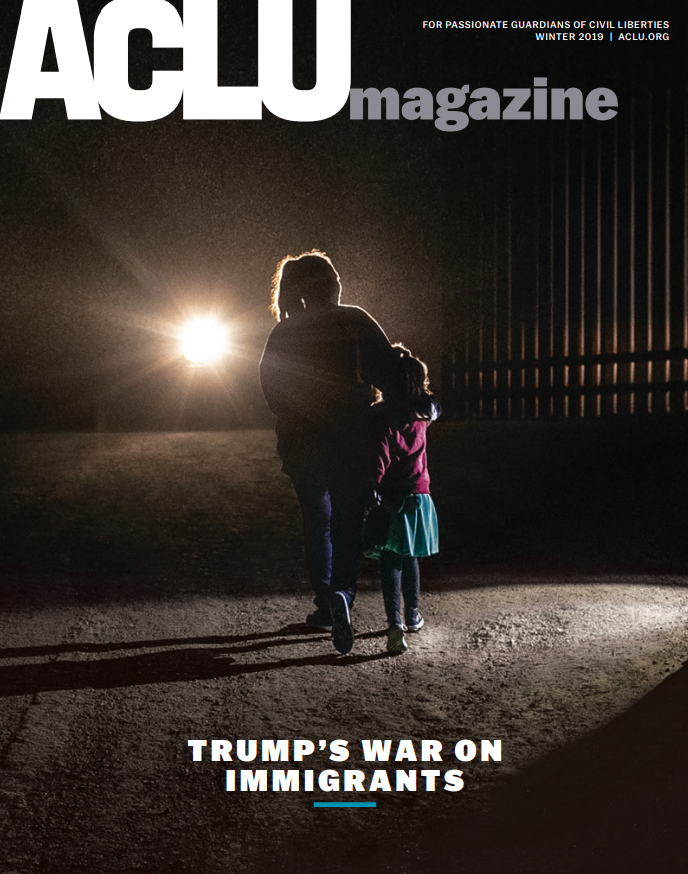Research & Publications
Access in-depth resources and analysis published by the ACLU regarding our most pressing civil liberties issues.
ACLU 2024 Annual Report
The ACLU’s 2024 annual report highlights how the organization worked around the clock this year to safeguard voting rights ahead of the November elections, protect bodily autonomy, defend free speech, and much more. Alongside breakdowns of the ACLU’s key wins and efforts throughout 2024, the report tells the stories of ACLU activists, advocates, and clients who are on the front lines of this fight.
All Publications
Search will open in a new tab using DuckDuckGo
Racial Justice Demands That Every Vote Is Counted
Anticipating the unprecedented surge in absentee ballots in this election, the ACLU Analytics team generated estimates of absentee voting volume by race and candidate support by vote-method in every county in the battleground states of Michigan, Wisconsin, Pennsylvania, and Georgia. The team combined data gathered by a nationwide representative tracking survey conducted by YouGov with turnout modeling based on updated in-cycle ballot data to construct estimates through statistical modeling.
Our findings identify which counties potentially face the largest racial representation gap — that is, if the absentee ballot count is not completed, they will cause the biggest disenfranchisement of voters of color. What happens in these counties may well change the course and outcome of the election.
Is Sex Work Decriminalization the Answer? What the Research Tells Us
The ACLU’s Research Brief, “Is Sex Work Decriminalization the Answer? What the Research Tells Us,” reviews existing empirical research on the impacts of decriminalization — and conversely criminalization — of sex work to inform recommendations for policy and practice. The ACLU has a history of supporting the decriminalization of sex work, but as efforts for U.S. legislative reform at the local, state, and federal level grow, examining the potential impacts of proposed policies is critical. Developed in consultation with local affiliates and sex worker organizers, this Brief provides an assessment of the growing evidence base on the potential benefits and harms of the decriminalization of consensual sex work (including buyer-only criminalization and full criminalization) and concludes with specific recommendations for policymakers, law enforcement, advocates, and researchers.
The Other Epidemic: Fatal Police Shootings in the Time of COVID-19
This ACLU research report, “The Other Epidemic: Fatal Police Shootings in the Time of COVID-19,” examines whether circumstances surrounding the public health crisis — unprecedented societal isolation combined with relaxed police department routine enforcement — has led to a change in the frequency with which the police fatally shoot people in the U.S. Using data from The Washington Post’s “Fatal Force” database, this report provides national and state-level data on fatal shootings by police since 2015, including during COVID-19. Our analysis reveals that the police have continued to fatally shoot people at the same rate during the first six months of 2020 as they did over the same period from 2015 to 2019. The report also demonstrates that Black, Native American/Indigenous, and Latinx people are still more likely than white people to be shot and killed by police. The report puts forth a set of recommendations designed to reduce police departments’ role, presence, responsibilities, and funding, including dramatically transforming use-of-force laws, and instead reinvest into community-based services that are better suited to respond to actual community needs. These measures can lead to a reduction in police interactions, and in turn, help put an end to racist police violence.
ACLU and HRW Report: Revoked: How Probation and Parole Feed Mass Incarceration in the United States
Revoked: How Probation and Parole Feed Mass Incarceration in the United States, a new report by Human Rights Watch and the American Civil Liberties Union, finds that supervision – probation and parole – drives high numbers of people, disproportionately those who are Black and Brown, right back to jail or prison, while in large part failing to help them get needed services and resources. In states examined in the report, people are often incarcerated for violating the rules of their supervision or for low-level crimes, and receive disproportionate punishment following proceedings that fail to adequately protect their fair trial rights.
You may read the report and view the related video below:
Author: Allison Frankel (@abfrankel)
Press Coverage: Columbia News | The Crime Report | Decarceration Nation | Eurasia Review
Articles/Blogs Written By Author: "The Problem with Probation and Parole" - The Progressive Magazine | "Politicians Have No Place Making Parole Decisions for Young People" - ACLU | "Three People Share How Ankle Monitoring Devices Fail, Harm, and Stigmatize" - ACLU
Related Advocacy/Litigation: ACLU Files Lawsuit Challenging PA. County's Abusive Probation and Parole Detention System | Rethinking Electronic Monitoring: A Harm Reduction Guide
Failing Grades: States’ Responses to COVID-19 in Jails & Prisons
When the pandemic struck, it was obvious what needed to be done: take all actions possible to “flatten the curve.” This was especially urgent in prisons and jails, which are crowded facilities where social distancing is impossible, sanitation is poor, and medical resources are extremely limited. Public health experts warned that the consequences of inaction or inadequate response were dire: prisons and jails would become petri dishes where, once inside, COVID-19 would spread rapidly, cause illness and death, and then boomerang back out to the surrounding communities with greater force than ever before.
Due to long-standing and systemic racial disparities in the criminal legal system, advocates knew it would disproportionately be poor people of color in prisons and jails whose lives were on the line. So when faced with this test, how did leading officials fare? In this report, the ACLU and Prison Policy Initiative evaluate each state’s actions to save incarcerated people and facility staff from COVID-19. The findings are startling. Despite clear information and calls for action, state responses ranged from disorganized or ineffective to just callously nonexistent. The data in this report reveals that no state has done enough and that all states failed to implement a cohesive, system-wide response to protect and save lives.
ACLU Magazine
Published twice a year, ACLU Magazine shares updates on the ACLU's critical litigation and advocacy work across the country and tells the stories of the activists, attorneys, and clients at the heart of each case and campaign. To receive ACLU Magazine by mail, become a monthly donor today.
